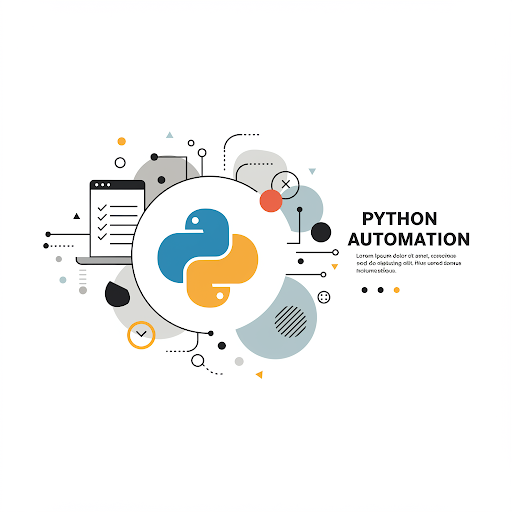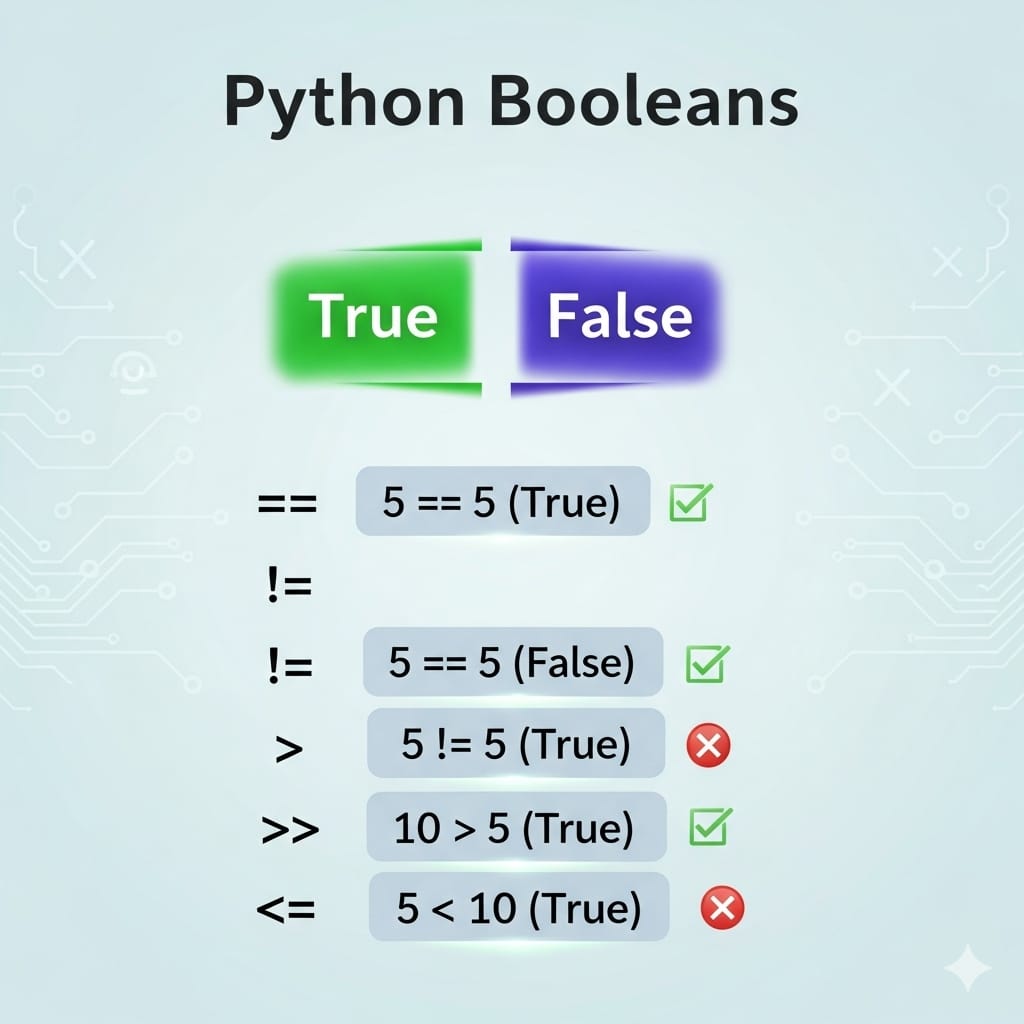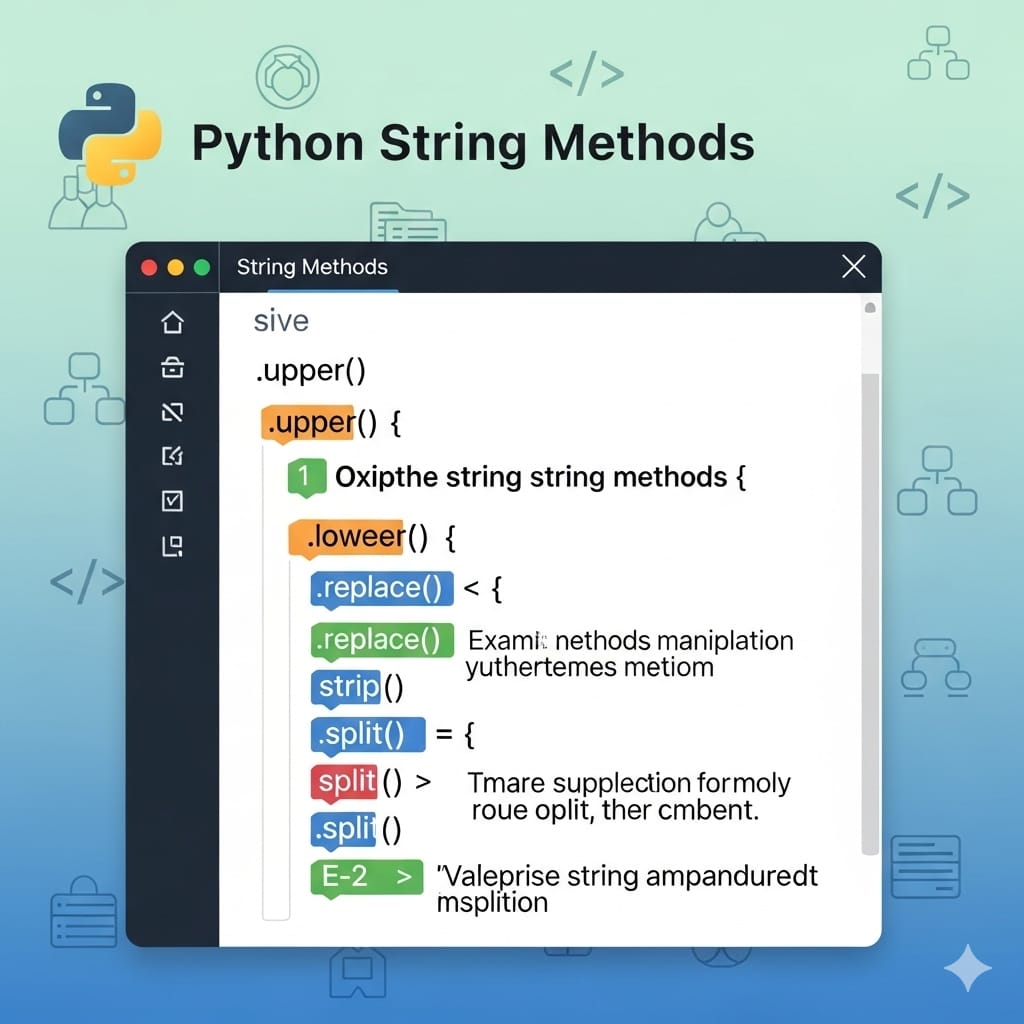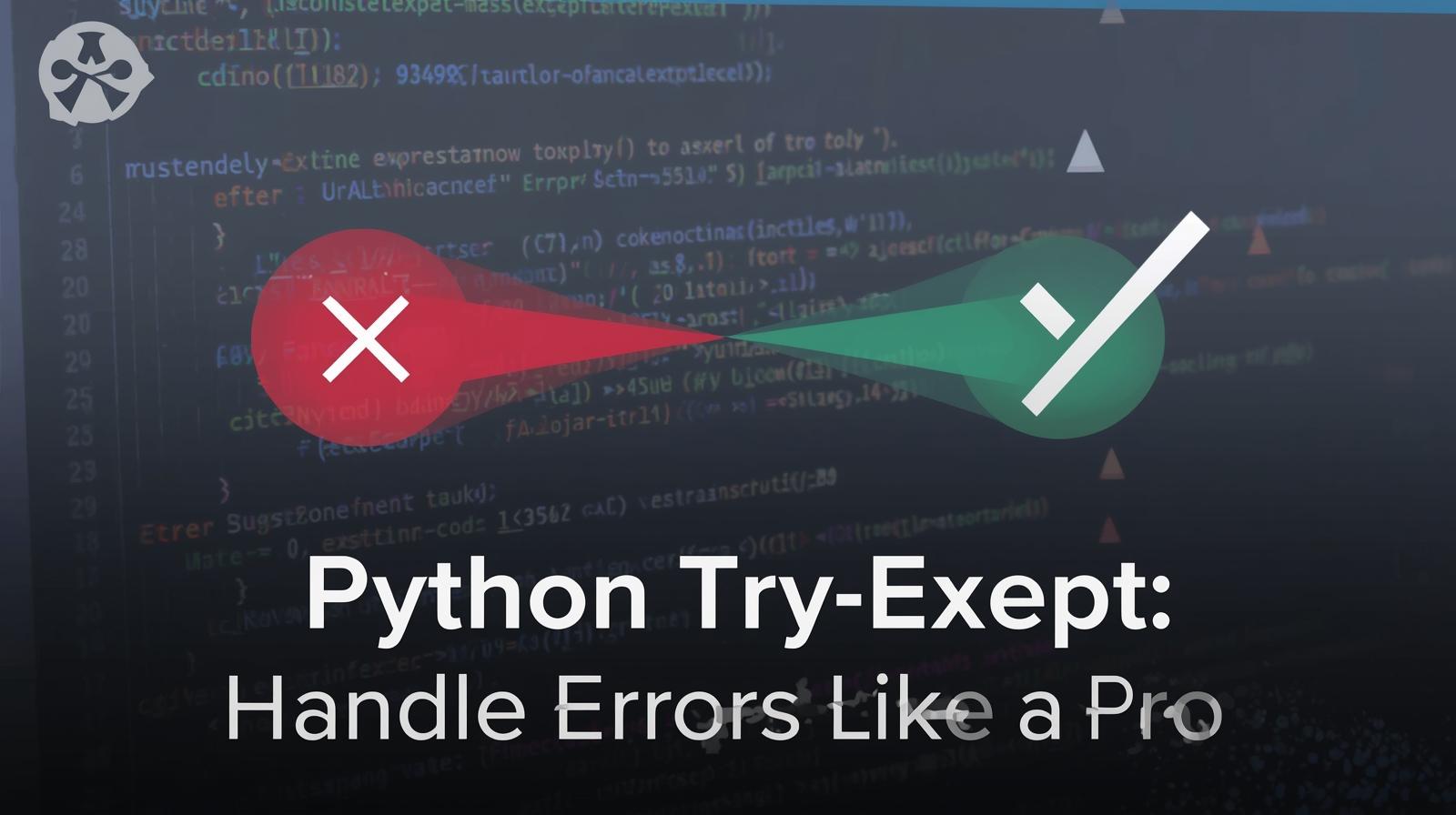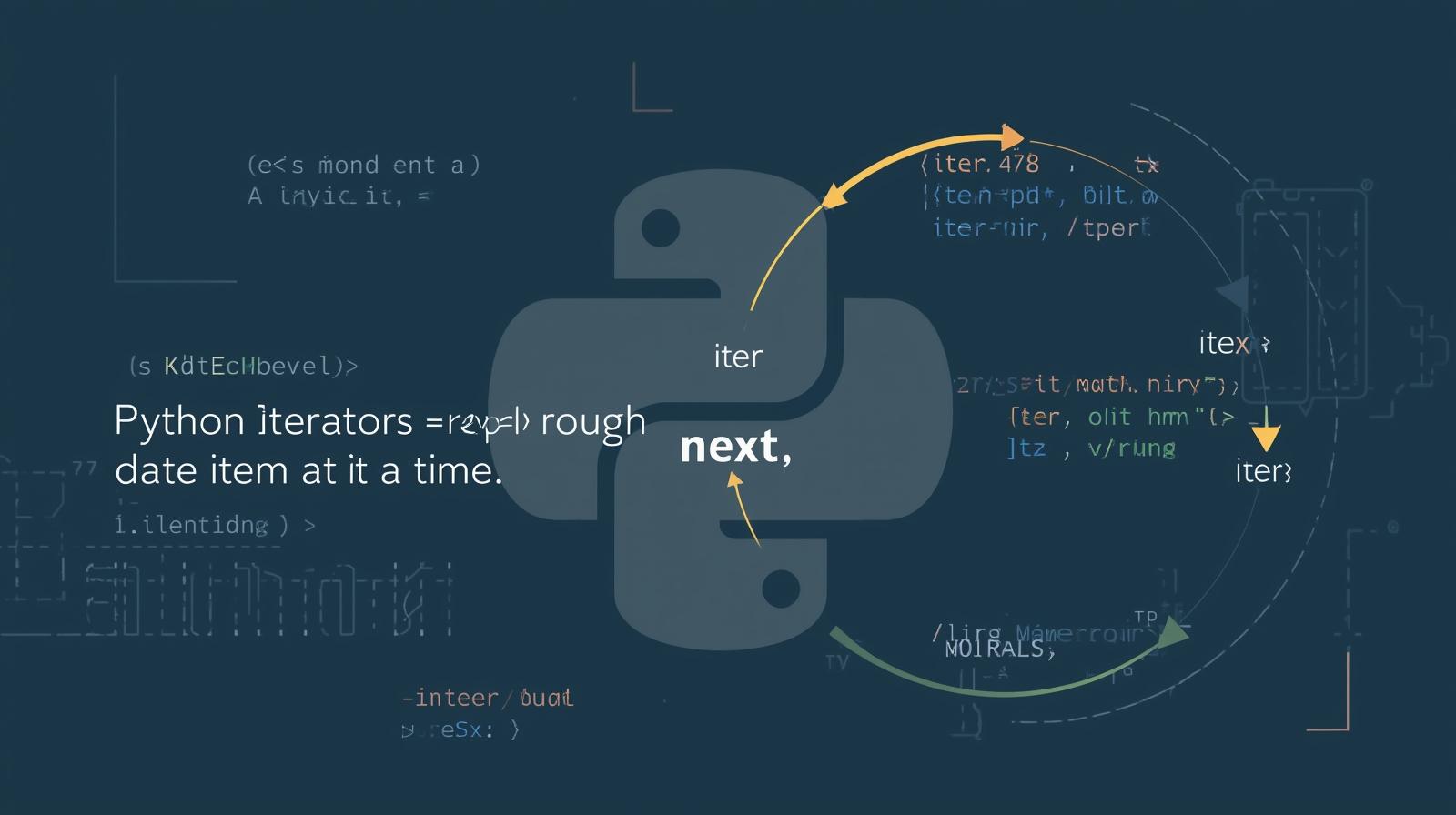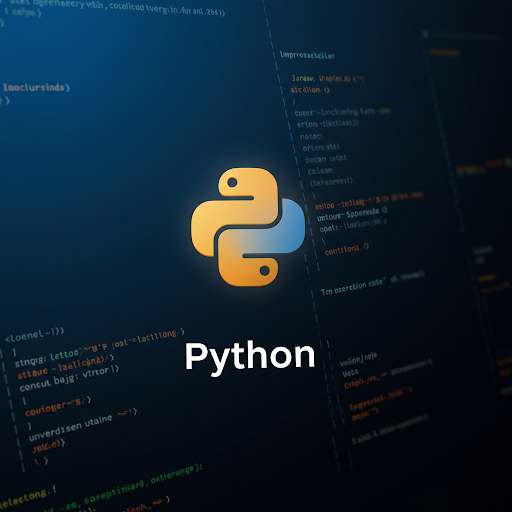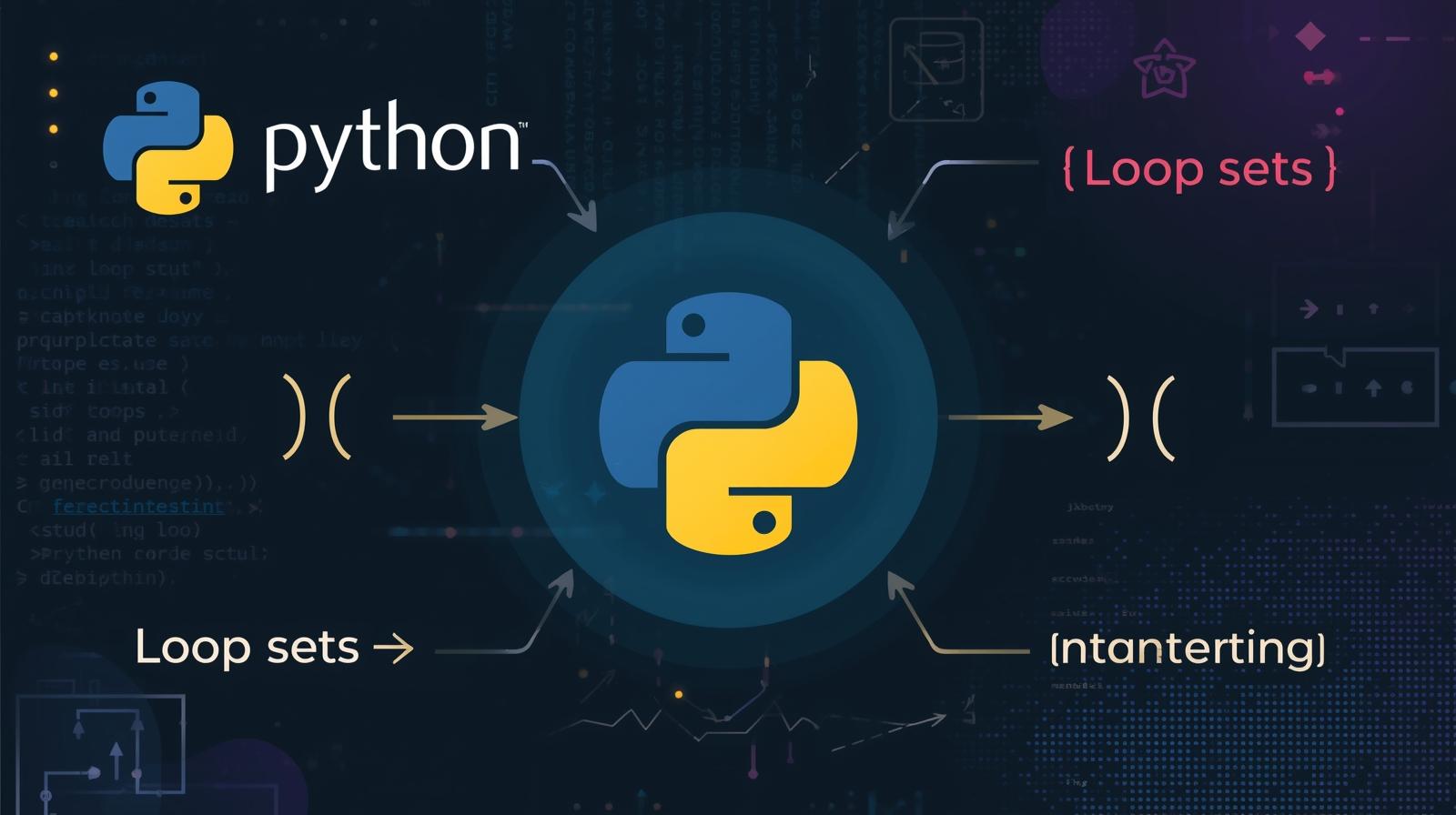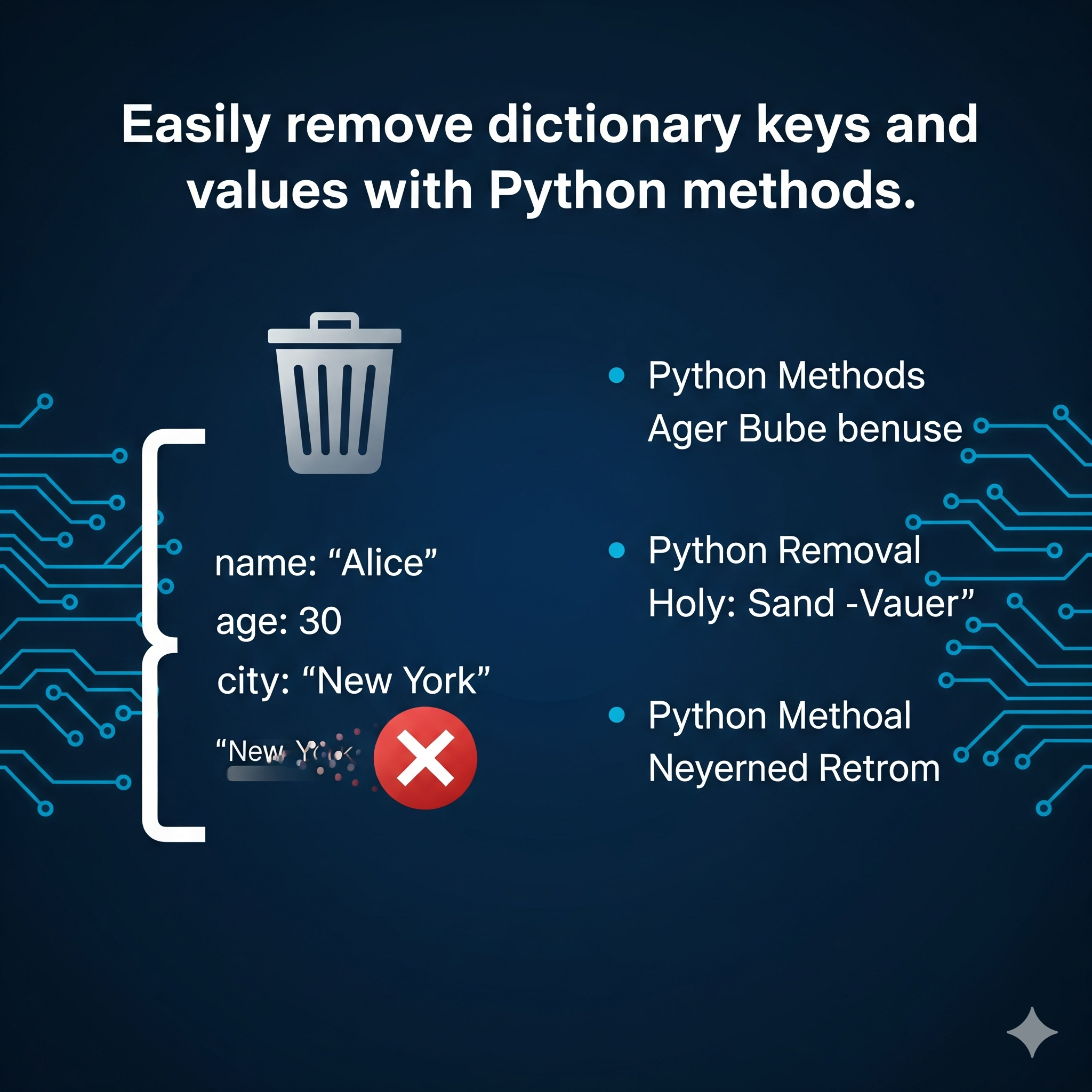Logical Operators in Python: A Complete Guide with Examples
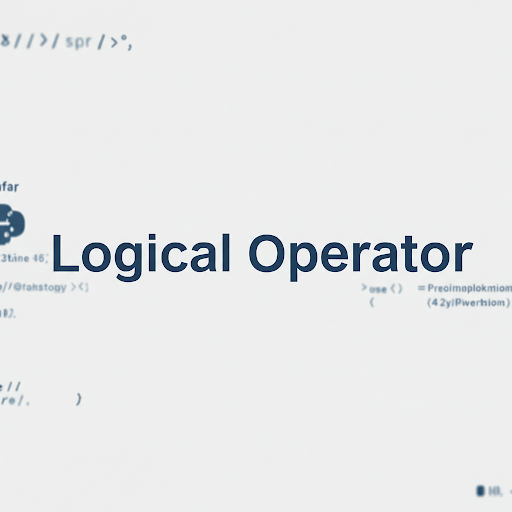
Learn about logical operators in Python, their usage, and practical examples. Understand how to perform logical operations for decision-making in programming.
Logical operators in Python are used to perform boolean logic operations on values. These operators play a crucial role in decision-making and control flow structures such as if statements and loops.
What Are Logical Operators?
Logical operators evaluate expressions and return boolean values (True or False). They help in combining multiple conditions efficiently.
Types of Logical Operators in Python
1. Logical AND (and)
The and operator returns True only if both conditions are True.
x = 5
y = 10
if x > 0 and y > 5:
print("Both conditions are True")
# Output: Both conditions are True2. Logical OR (or)
The or operator returns True if at least one condition is True.
x = 5
y = 10
if x > 0 or y < 5:
print("At least one condition is True")
# Output: At least one condition is True3. Logical NOT (not)
The not operator reverses the boolean value.
x = False
if not x:
print("X is False")
# Output: X is FalsePractical Applications of Logical Operators
Checking if a Number is Within a Range:
def in_range(n, lower, upper):
return lower <= n and n <= upper
print(in_range(5, 1, 10)) # Output: True
print(in_range(15, 1, 10)) # Output: FalseValidating User Input:
username = "admin"
password = "1234"
if username == "admin" and password == "1234":
print("Access granted")
else:
print("Access denied")
# Output: Access grantedChecking Multiple Conditions in Decision-Making:
age = 20
has_ticket = True
if age >= 18 and has_ticket:
print("You can enter the event")
else:
print("You cannot enter the event")
# Output: You can enter the eventConclusion
Logical operators in Python help in writing efficient conditional statements. They are widely used in decision-making, validation checks, and controlling the flow of execution in a program. By mastering these operators, you can enhance your ability to write complex logical conditions effortlessly.

